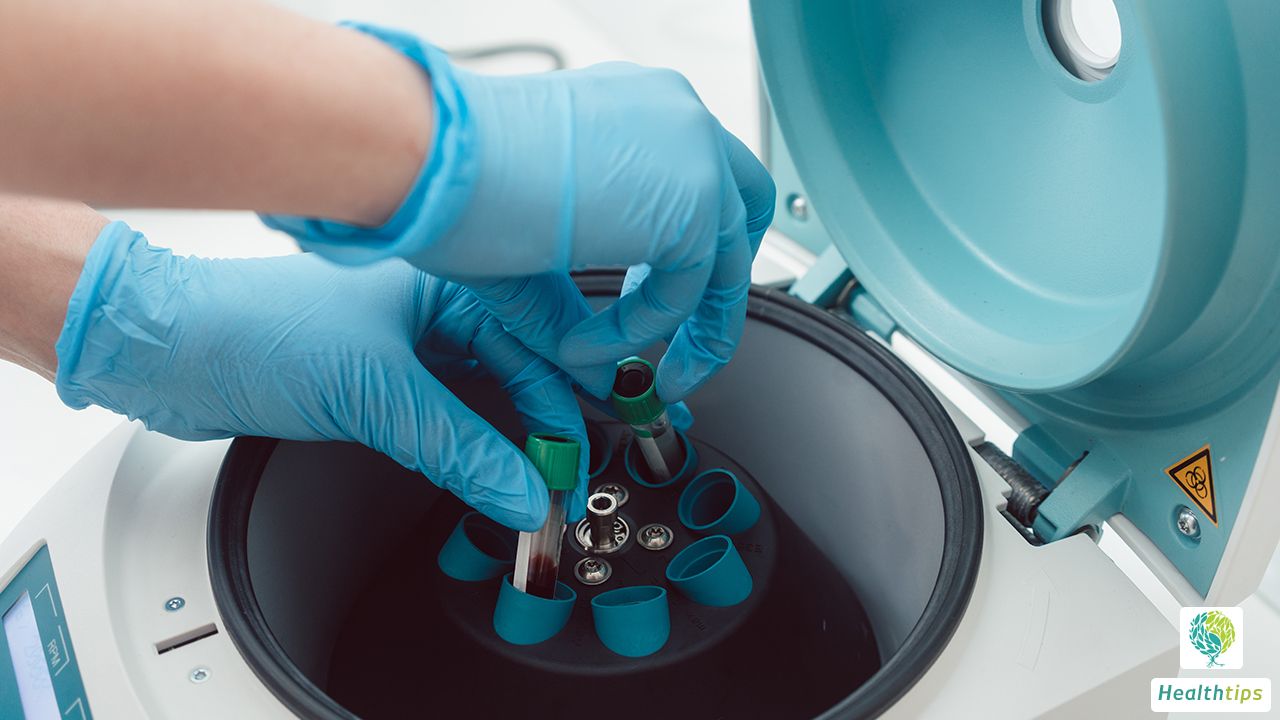After suffering from uremia, patients can drink water as it can promote the body's metabolism and does not affect the condition of uremia patients. Patients with uremia should rest on schedule, eat a balanced diet, maintain a positive attitude, and actively cooperate with doctors for treatment. The following are the recommended steps:

1. Rest on Schedule: Uremia is a chronic kidney failure caused by various reasons. If you have uremia, you need to ensure sufficient rest and sleep every day. Avoid overwork as it can aid in the recovery of uremia.
2. Balanced Diet: Uremia patients should adhere to a low-protein diet as proteins are decomposed in the body to produce nitrogen-containing waste. Excessive nitrogen-containing waste can lead to internal environmental disorders. Patients should maintain a light diet, eat foods rich in vitamins, ensure balanced nutrition, and limit the intake of high-phosphorus foods such as melon seeds and peanuts, as well as high-potassium foods like celery and potatoes. This is because uremia patients may experience hyperkalemia, which can exacerbate the condition.
3. Maintain a Positive Attitude: Although uremia is a severe disease, its progression can be controlled through treatment. Therefore, patients should maintain a positive attitude and confidence in overcoming the disease. Methods such as hemodialysis and peritoneal dialysis can be used to treat uremia.
4. Cooperate with Treatment: Uremia patients can take medications such as furosemide tablets and sodium bicarbonate tablets under the doctor's instructions. These medications can promote diuresis, reduce the burden on the heart and lungs, and aid in disease recovery. If uremia patients experience symptoms such as abdominal distension, loss of appetite, and nausea, they should promptly consult a nephrologist for blood tests, urine tests, and other relevant examinations to confirm the diagnosis.

